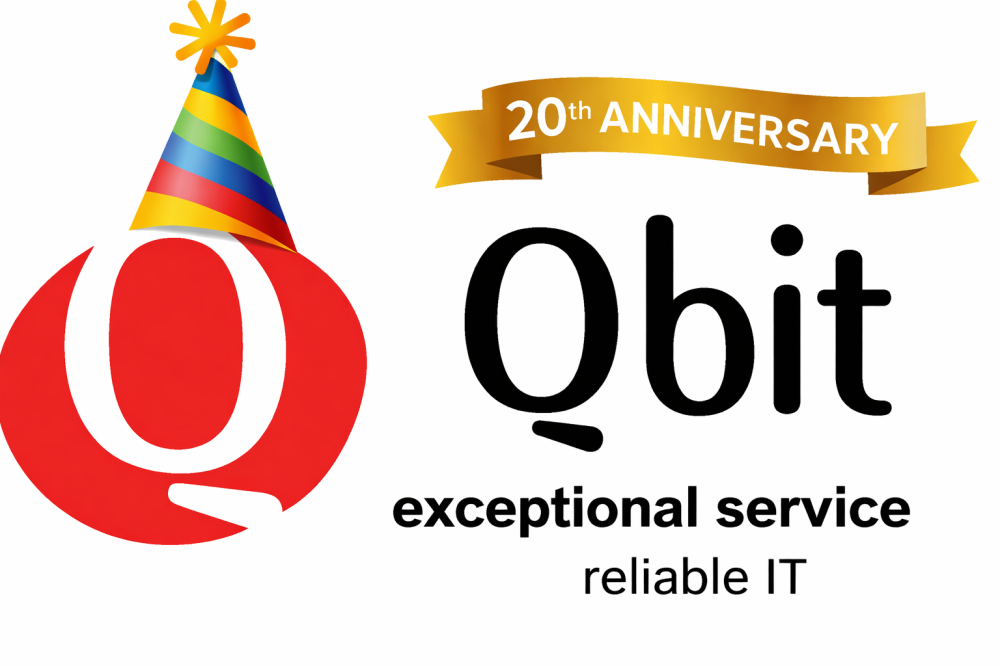This industry moves big money around as houses and apartments are not cheap. Through the years, processes in the real estate business have been revolutionised by IT. This includes tracking, computing, and accounting for prices. In many ways, companies have improved and made their processes more efficient and here are just some examples.
1. Automated Processes
There are a lot of processes and paperwork involved with buying and selling property. However, information technology has significantly made these processes more efficient. Not only does it take less time and effort, but also lessens any mistakes or inaccuracy of information throughout the whole process.
From inquiry to the actual purchase, processes are made easy by IT, especially with the latest real estate software available in the market. Information technology continues to refine these software and applications to address the changing needs in the real estate industry.
2. Easier to Connect with Buyers/Sellers
Networking is a key component in the real estate industry. There is a wide selection of ways in the digital sphere to reach buyers and sellers that fit the profile agents are looking for. And this goes both ways. Real estate firms and agents can put themselves and adverts online so that sellers and buyers can easily find them, too.
3. Better Collaboration
Working on documents and projects together is a lot easier with online apps and software like Microsoft 365, where multiple people can edit files in real-time. It is also more efficient to transfer accurate data between people no matter where they are.
4. Portable Workspace
One of the biggest game changers, especially for real estate, is the ability to work from any location. Agents can pull out their files and documents whilst working on-site. They can send forms and other data to the head office from anywhere.
They can also give presentations to potential clients in any meeting location and have the photos, floor plans, payment terms, and other useful materials in one device. No need to bring bulks of paper or boards.
5. Tracking & Accounting
Since real estate deals with big numbers, it is convenient that information technology has allowed people to keep track of payment status, taxes, and other numeric data. There is some real estate software that allows people to get estimates and actual costs for land, renovation, building, and everything that has to do with acquiring properties.
6. Improved Data Management
There are so many people you need to keep track of and deal with in the real estate industry. Information technology has allowed firms to keep tabs on their agents, sellers, buyers, construction partners, and furniture dealers in an efficient, organised, and easily accessible way.
Not only is it easier to manage data, but sensitive information also gets well-protected with the many security features that IT can apply.
Information technology really sets the bar for real estate companies to stay competitive in the field. Qbit offers excellent IT services customised to the needs of real estate businesses. Learn more about our IT solutions for real estate.
We have a pool of expert engineers that offer dynamic IT support. Call us at (08) 6364 0600 to find out what IT service policy best suits your business.


